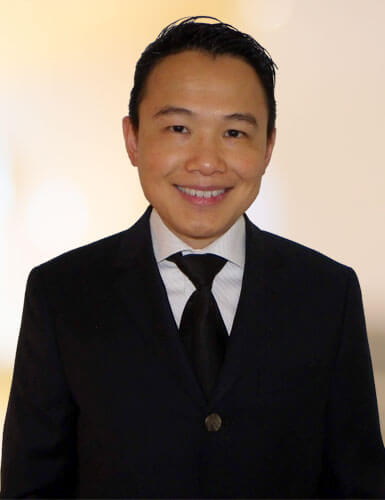Do You Have Any of These Signs of a Changing Smile?
Posted: March 30, 2021
Last Modified: June 6, 2022

You lost your baby teeth a long time ago. You’ve gone through the growing pains of your teeth settling in your teenage years, and now that your adult set of teeth are here to stay, you can quit worrying about how they might change…right?
Your teeth, just like the rest of your body, will continue to change and shift throughout your entire lifetime. The trick is to recognize when the changes have progressed to a point where they might negatively affect your health in the future. If you can catch these changes early, you can get the dental services you need to keep your teeth healthy and functional without putting your well-being at risk.
We’ve compiled a list of some of the easiest ways to tell that your smile has been changing. If you recognize any of them as applying to your own teeth, it might be time to give your Barrie dentist a call.
1. You’ve Developed a Gap in Your Front Teeth
Your teeth used to look perfectly straight, but all of the sudden, there’s a gap in your front teeth that takes you right back to your childhood days. What happened? Well, a front-tooth gap (known as a diastema in the dentistry world) can develop for many different reasons.
One of the most common causes of a sudden gap is gum disease. As inflammation sets in, it can damage the tissue supporting your teeth and the underlying bone that supports your teeth. If left untreated, your teeth can become loose and drift into undesirable or painful positions.
You might also develop a diastema from the way you swallow. Most people learn how to swallow with their tongue at the roof of their mouth, but others may have developed the habit of pressing forward on their front teeth with their tongue when swallowing. Over time, this consistent pressure can force your front teeth to drift forward or apart.
2. You Get a Lot of Headaches, or You Find Yourself Grinding Your Teeth
Your jaws continue to settle into place well into adulthood, and sometimes, they don’t always line up. When your upper and lower jaws don’t line up properly with each other, they impact literally everything you do with your mouth – from speaking to eating and even breathing – and the pressure they can exert on your teeth and nerves can leave you with painful headaches.
A common indicator that you might need an exam to check for bite misalignment is grinding your teeth at night. In many cases, this can be addressed with a cushioning mouthguard, but if the problem is much more pervasive or severe, you might require orthodontic services to realign your teeth properly with each other.
3. Your Old Retainer Doesn’t Fit Anymore
If you’ve received orthodontic services in the past, such as braces, then chances are good you were provided with a retainer to wear after the fact. And, if you’re like most people, you dutifully wore your retainer for a few months before deciding that your teeth were set in place and gradually falling out of the habit.
The next time you try your retainer on, it might not fit anymore. That’s because your teeth have shifted, and you’ll likely need to check in with your dentist to get your retainer fitting the way it should again.
4. Your Teeth are Flat and the Grooves Have Worn Away
Your tooth enamel is literally the hardest, strongest substance in your body. It’s designed for a lifetime of chewing and crunching. But as strong as it is, it’s not indestructible. Over time – and especially if you eat or crunch a lot of hard foods – your enamel can crack or wear down, and when it does, it makes your teeth more vulnerable to damage or decay.
So, if you’re noticing that your teeth don’t have the ridged texture that they once did, it might be time to speak to your dentist in Barrie about dental services that can help repair the damage.
5. Your Teeth are Yellowed or Stained
You might not notice immediately. After all, tooth staining usually doesn’t happen overnight. Instead, you’ll be getting ready for the day, grab your travel coffee, and on the way out the door, catch a glimpse of your smile in the hallway mirror. Are those really your teeth?
It’s normal for teeth to experience some discolouration over time, especially if you eat or drink foods that are known for causing stains, like red wine and coffee. However, if your teeth are yellowed, or if they have strange brown spots, you might need more treatment than just a dentist-approved whitening program.
Brown spots, in particular, can be an early indication of cavities lurking just out of sight, so to be safe – and to make sure you get your confident smile back – it’s always best practice to give your dentist a call.
Look After Your Teeth With Orthodontic Services
Barrie residents might experience many different indications of their teeth moving or changing over time, but just because these changes occur doesn’t mean they have to be tolerated. At Dr. Elston Wong Dentistry, our experienced staff is fully committed to treating your teeth with the care they need throughout all stages of your life. Our high-quality care includes a consultation with you to find out what your goals for your teeth are and to keep you in the best oral health possible.
If you’d like to learn more about our orthodontic services in Barrie, call (705) 721-1143. You can also send us a message online.


